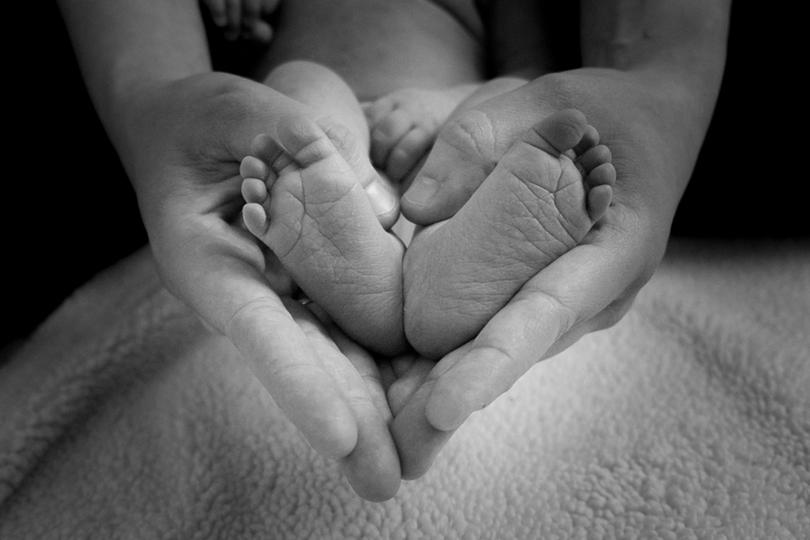Take for example a Chinese baby that has been born four years after its parents died.
According to the Chinese media, the baby has been born into a “shidu” family (The Loss of Only Child Family ) in a surrogate mother four years after his parents died in a car crash.
The couple, who died in 2013, had frozen several embryos hoping to have a child through IVF, and right after the accident, their parents fought a protracted legal battle to be allowed to use the embryos.
According to The Beijing News, the baby who is born in December, is later identified as a boy. The baby has been born to a surrogate from Laos.
The newspaper explained how the lack of precedent for a case of this kind had forced the deceased couple's parents through a legal minefield before the surrogacy could proceed.
At the time of the accident, the embryos were stored safely in a Nanjing hospital, frozen at minus 196 degrees in a liquid nitrogen tank.
A court battle gave the four grandparents-to-be the right over the fertilized eggs.
There was no precedent as to whether they could inherit their children's frozen embryos, according to reports.
They were eventually granted the embryos, but it wasn't long until the next problem occurred. The embryos could only be taken from the Nanjing hospital if there was proof that another hospital would store them.
But given the legal uncertainty around untranslated embryos, it was hard to find another medical institution in China willing to get involved.
And with surrogacy illegal in China, the only realistic option was to look beyond the country's borders.
Proving paternity and nationality
Eventually, the future grandparents worked with a surrogacy agency and decided on Laos, where commercial surrogacy was legal.
As no airline was willing to accept a thermos-sized bottle of liquid nitrogen, the precious cargo had to be transported by car.
In Laos, the embryo was implanted into the womb of the surrogate mother and in December 2017 the boy was born.
Furthermore, the citizenship of the child who is named Tiantian, was another problem though and so he was born not in Laos but in China - with the surrogate travelling there on a simple tourist visa.
With no parents left to prove paternity, all four grandparents had to give blood and take DNA tests to establish that the baby was indeed their grandson and that both parents had been Chinese nationals.
The complicated issue of surrogacy in China
He Yafu, a Guangdong-based independent demographer, said the authorities held "vague" attitudes towards surrogacy.
"It's not legal because it's forbidden by the health authorities, but on the other hand it's not illegal since the regulation - not a law - only governs medical institutions and staff, not other organizations or other people,"
He added that it was not appropriate to legalize surrogacy for everyone because it was a complicated issue with legal, ethical and social dimensions. But the government could consider allowing certain groups of people, such as couples whose only child had died and who were too old to conceive, to have a baby through surrogacy.
"If not allowed to do surrogacy, people with the demand will either resort to underground channels, which is a chaotic market and fraught of problems, or go abroad to seek surrogacy," he said.








